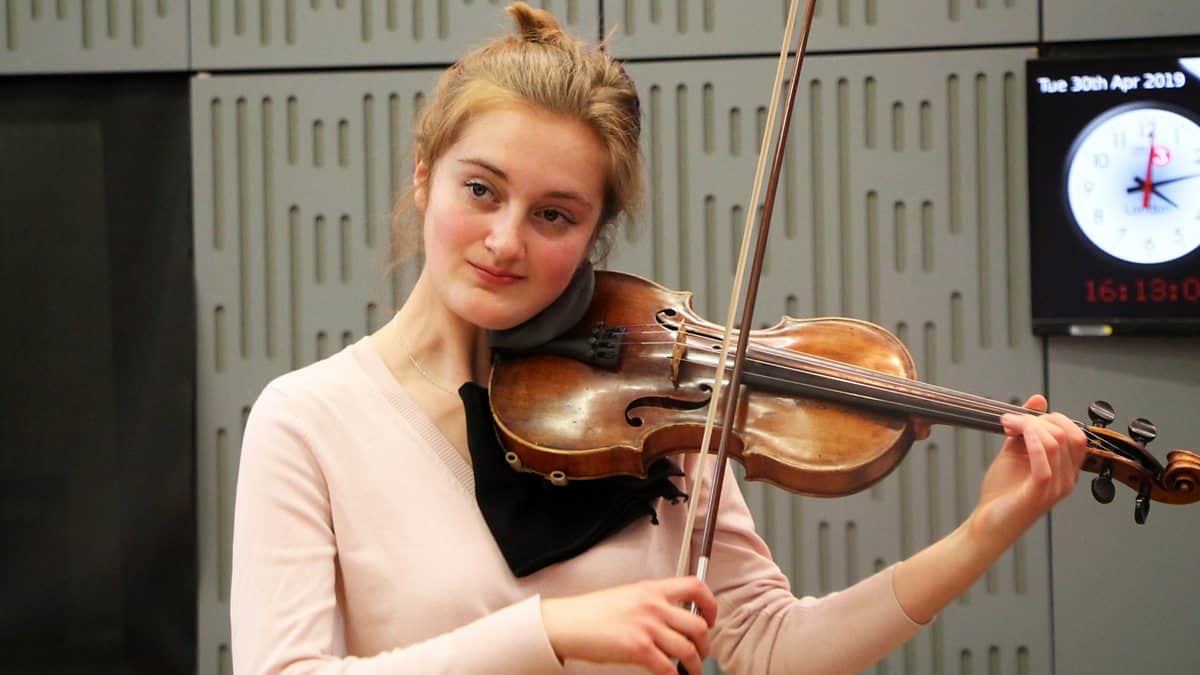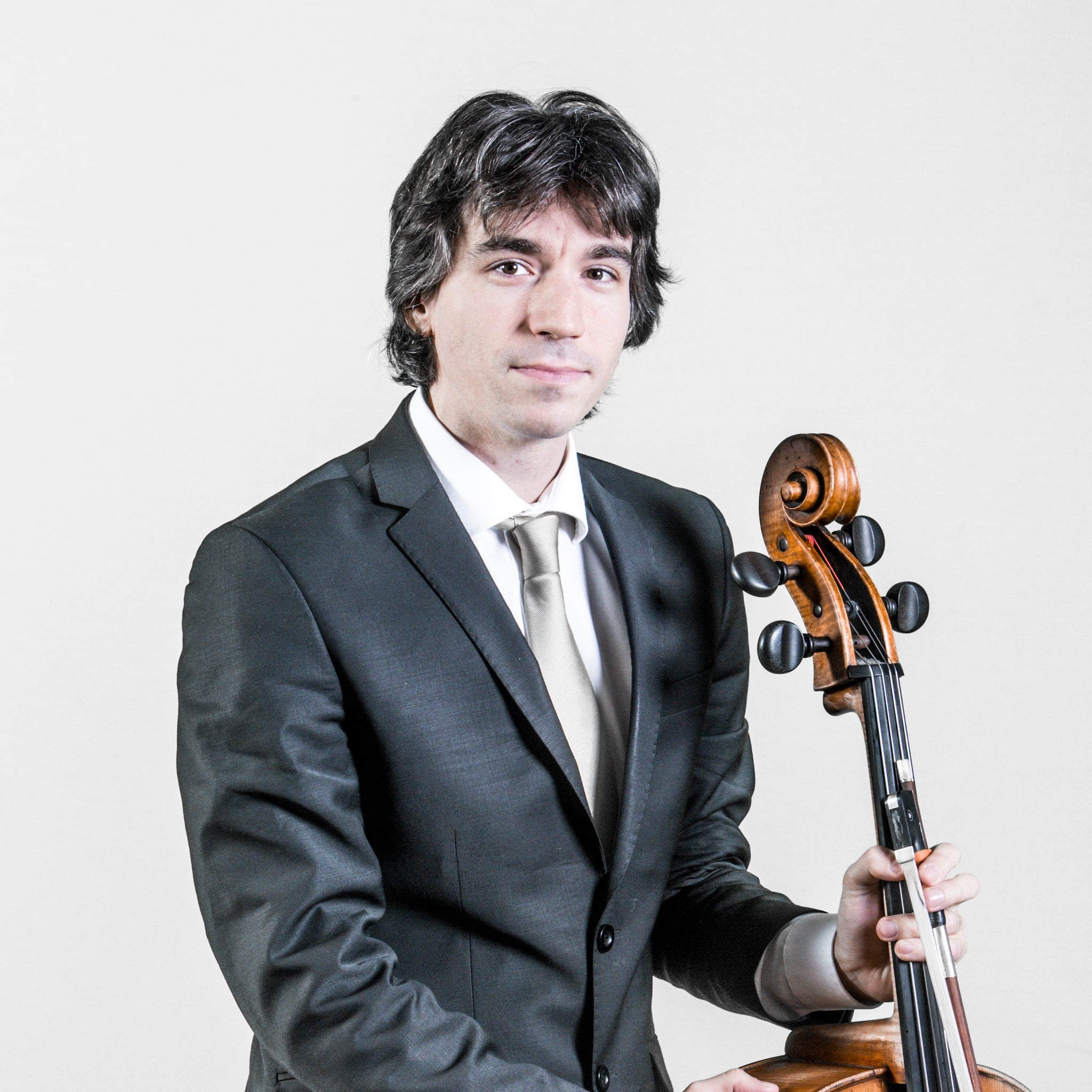Album of the week: Don’t balk at the Balkans
Album Of The WeekFrom the Lebrecht Album of the Week:
There’s more content in this compilation than a weary reviewer has a right to expect. Coming off the back of a pointless set of Shostakovich symphonies, this chunky bar of trios for clarinet, violin and piano just keeps delivering high energy nutrients…
Read on here.
And here.
En francais ici






Comments